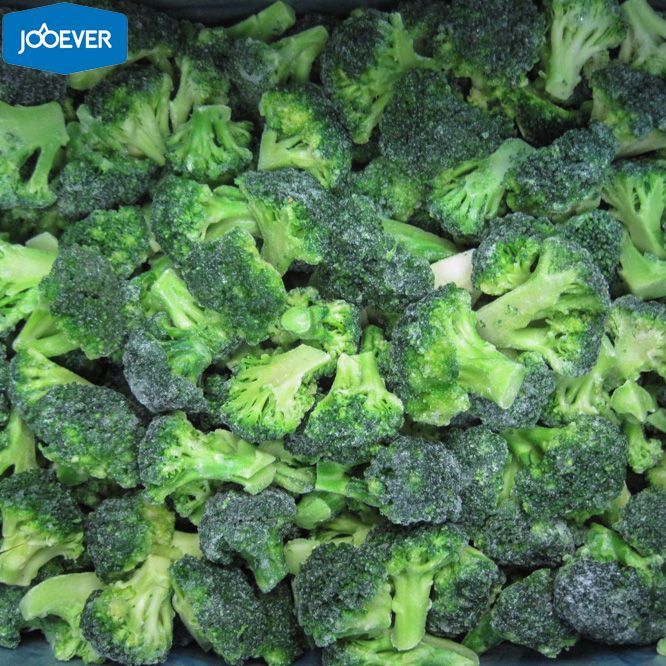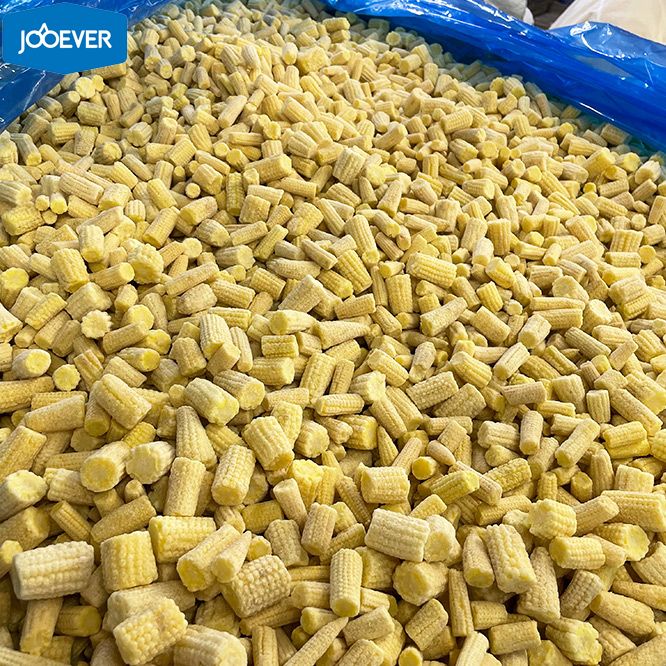Your reliable partner for frozen foods
Eating more vegetables is always a good choice, but if you are on a low sodium diet, paying attention to sodium content is very important. Many people wonder whether canned or frozen vegetables are better when it comes to sodium. Here is a simple guide to help you make the best choice for your health.
Before comparing sodium content, it’s helpful to know what frozen and canned vegetables have in common. Both are processed soon after harvest, which means they keep most of their nutrients and natural flavor. They are also very convenient because you can store them for a long time without worrying about spoilage, unlike fresh vegetables that may go bad quickly.

Now let’s look at canned vegetables. Most canned vegetables are packed in liquid, often with added salt or preservatives. This process helps keep them safe and long-lasting but increases sodium levels. Canned vegetables are usually softer in texture because they are cooked longer before packaging.
If you are watching your sodium intake, you should always read the labels carefully. Look for cans labeled “No Salt Added,” “Salt-Free,” or “Low Sodium.” You can also reduce sodium by draining and rinsing canned vegetables before cooking.
Compared to canned vegetables, frozen vegetables are usually a better choice for low sodium diets. Most frozen vegetables are blanched (quickly boiled) and then flash frozen without adding salt. This keeps their natural taste and texture closer to fresh vegetables.
However, not all frozen vegetables are sodium-free. Some products with sauces or seasonings may have added salt, so it’s still important to check the packaging.
When choosing between canned and frozen vegetables, the best option is the one with the lowest sodium content. In general, plain frozen vegetables have less sodium than regular canned vegetables. But if you buy “No Salt Added” canned vegetables, they can be just as healthy.
Your choice may also depend on other factors. Frozen vegetables are closer to fresh in taste and texture, while canned vegetables last longer and are often cheaper.

To keep your meals healthy, always check labels for low sodium or no salt added options. Avoid frozen vegetables with sauces or seasoning packets. When cooking, try to use herbs, garlic, or pepper instead of adding extra salt.
Both canned and frozen vegetables can be part of a healthy diet, but for low sodium cooking, frozen vegetables are often the better choice. If you prefer canned vegetables, choose no salt added products and rinse them before use. With the right choices, you can enjoy the convenience of preserved vegetables while keeping your sodium intake under control.